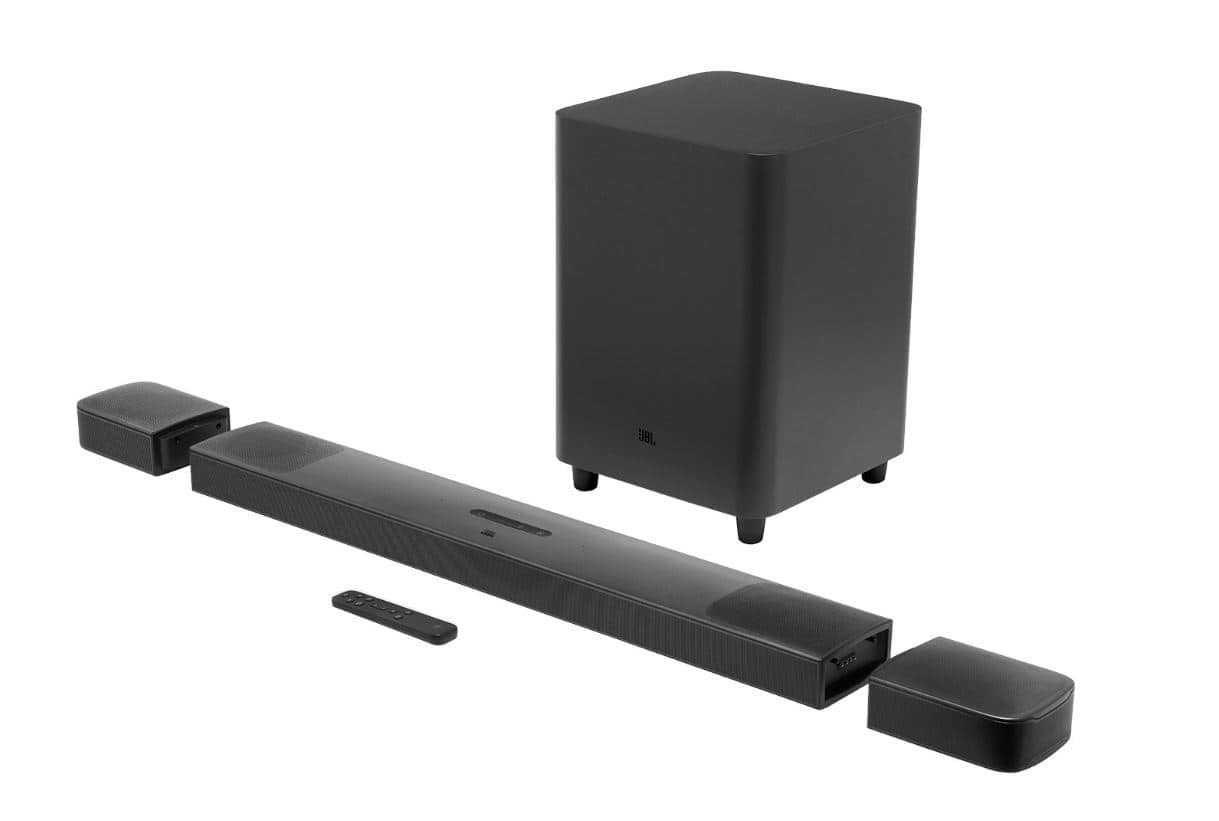The Icoma Tatamel e-bike, initially introduced as a concept, has undergone significant changes since its inception. While it promised to revolutionize the urban commute, the reality has turned out to be quite different. Rather than a standard e-bike, the Tatamel is now classified as a mini electric motorcycle, which comes with a set of limitations and regulations. Additionally, it is heavier than anticipated and offers a disappointingly short range.
One of the Tatamel’s key features is its customizable side panels, which can be personalized to suit individual preferences. In future iterations, Icoma envisions these panels as screens that can be used for advertising or entertainment purposes. The bike’s folding frame, a feature carried over from the concept version, allows for easy storage in limited spaces.
However, potential owners should be aware of the Tatamel’s weight, which stands at 63 kg (139 lbs). This makes it impractical to transport anywhere other than a garage or designated parking area.
Powering the Tatamel is a 600W motor capable of reaching a peak power output of 2,000W. The 51.2V battery provides a range of 30 km (18.6 miles) and a maximum speed of 40 kph (25 mph). Due to its moped-like weight and speed, operating the Tatamel requires a license and adherence to road regulations.
Despite its drawbacks, there is some positive news regarding the Tatamel’s price. Initially expected to start at $4,000, the bike is now priced at ¥498,000 (approximately $3,200), excluding shipping.
It’s important to note that the Tatamel has evolved based on feedback from users over the past four years. While these refinements may not align with the initial promises, Icoma’s dedication to improving the product demonstrates their commitment to transforming the urban commute experience.
The Icoma Tatamel e-bike belongs to the growing electric bike industry, which has been gaining popularity due to its eco-friendly and cost-effective nature compared to traditional vehicles. This industry has witnessed significant growth in recent years, fueled by increasing concerns about climate change and the need for sustainable transportation options.
According to market forecasts, the global electric bike market is projected to grow at a CAGR of over 7% between 2021 and 2026. The rise in urbanization, government initiatives promoting electric mobility, and the increasing adoption of e-bikes for leisure and recreational purposes are key factors contributing to this growth. This presents a promising opportunity for companies like Icoma to innovate and improve their products to cater to the expanding market.
However, the Tatamel’s transition from a concept e-bike to a mini electric motorcycle has presented some issues for potential owners. The classification as a motorcycle brings limitations and regulations, as users now require a license to operate the Tatamel and must adhere to specific road regulations. These regulations may vary depending on the region or country, adding another layer of complexity for users.
In terms of product shortcomings, the Tatamel’s weight of 63 kg (139 lbs) may pose challenges for transportation and maneuverability. This restricts its usability to areas with designated parking or storage, such as garages or specialized parking facilities.
The range of the Tatamel’s battery is another issue to consider, with a maximum range of 30 km (18.6 miles). For individuals looking for longer commutes or extended outdoor activities, this limited range may be a drawback. However, improvements in battery technology are expected to address this limitation in future iterations of e-bikes.
On a positive note, Icoma’s dedication to refining the Tatamel based on user feedback demonstrates their commitment to enhancing the urban commute experience. The customizable side panels, which can be used for advertising or entertainment purposes, offer potential for personalization and additional functionality. The folding frame design also allows for easy storage in limited spaces, catering to the needs of urban dwellers.
Although the Tatamel may not have lived up to its initial promises, its current pricing at ¥498,000 (approximately $3,200) presents an attractive option for individuals seeking an electric bike alternative. As competition in the electric bike industry grows, manufacturers like Icoma are likely to continue refining their products to stay ahead in this evolving market.
In conclusion, the Icoma Tatamel e-bike’s evolution from concept to mini electric motorcycle highlights both the opportunities and challenges in the electric bike industry. While there may be limitations and issues related to its classification, weight, range, and regulations, the Tatamel exemplifies the commitment of companies like Icoma to improve and transform the urban commute experience. As the global electric bike market continues to expand, advancements in technology and user feedback will drive further innovation in this industry.






















